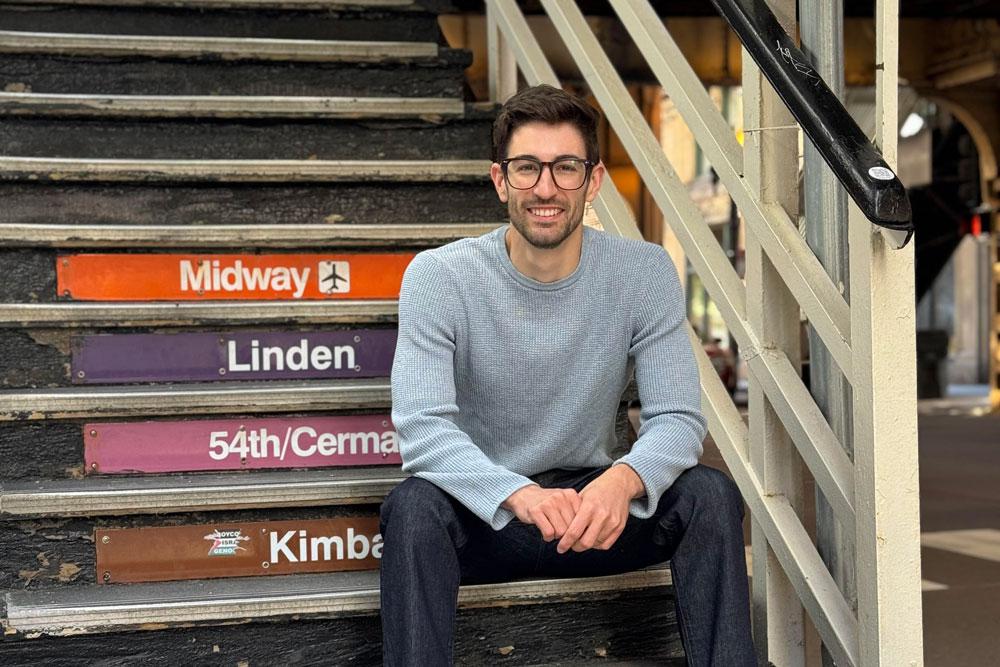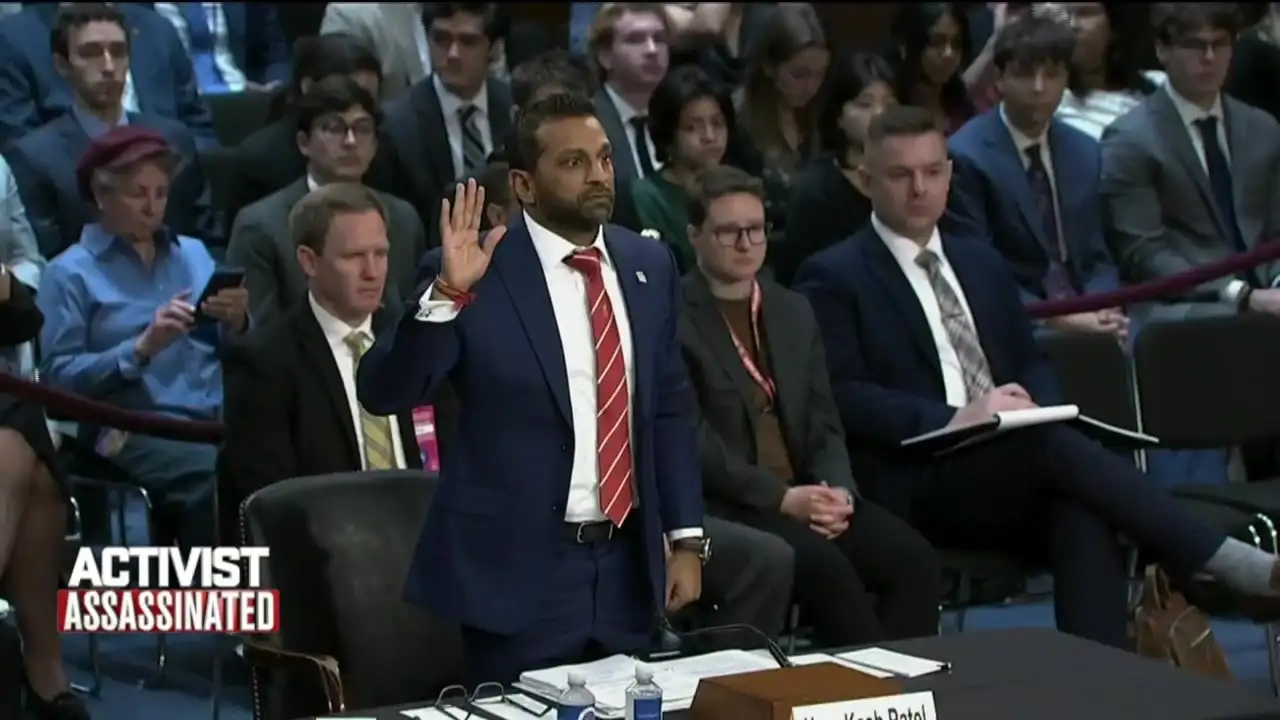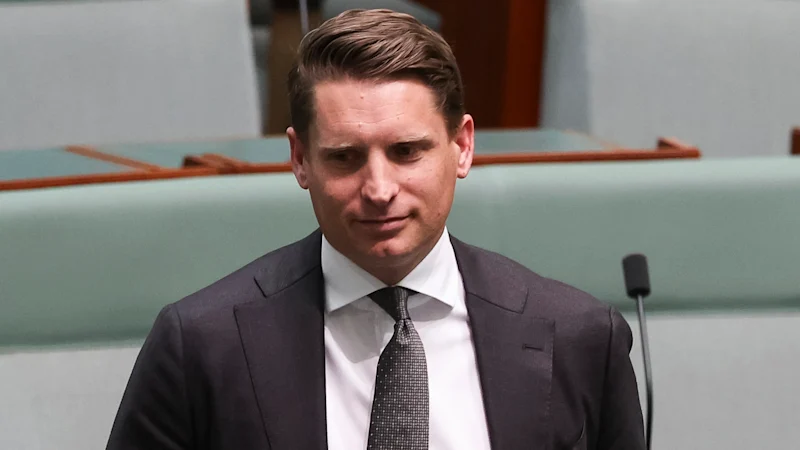By David Dayen
Copyright prospect

The Anti-Monopoly Summit kicked off Monday afternoon in Washington, D.C., and continues Tuesday. It’s a signature event for a movement that’s at something of a crossroads. While there have been some scattered bright spots this year, hopes that aggressive antitrust enforcement would survive the transition of power to Donald Trump have been drowned in a sea of corruption and lobbying. Worse, the movement’s most promising live possibility to rein in corporate power ended with an embarrassingly bad ruling by an Obama judge, which showed that some in our courts still cling to an outdated and inadequate conception of the law.
In Congress, several old-guard Democrats who advanced anti-monopoly policies have decided to retire, like Reps. Jerrold Nadler (D-NY) and Jan Schakowsky (D-IL), two of the 13 founding members of the House Monopoly Busters Caucus. Yet the summit is featuring three senators and seven House members. Despite competing frameworks for how to restore affordability and share prosperity in America, Democrats across the ideological spectrum continue to converge on ideas around economic populism that fit well with taking on oligarchs who mean to control our political and economic lives. And the truncated Biden years empowered a new generation, who gained experience in the enforcement agencies and now compose a strong bench of future anti-monopoly leaders.
Last year, Rep. Maggie Goodlander (D-NH) made the transition from antitrust enforcement to Congress, and now Reed Showalter is attempting the same leap in Illinois. After spending the Biden administration as a legislative liaison in the Justice Department’s Antitrust Division, a Federal Trade Commission litigator, and a competition policy adviser at the White House National Economic Council, Showalter is announcing his campaign today for the state’s Seventh Congressional District, an open seat after the retirement of Rep. Danny Davis.
The district encompasses downtown and parts of the South and West Sides of Chicago, out to suburbs like Oak Park and Forest Park. The open seat has drawn a crowded field where Showalter is the 16th announced candidate. City Treasurer Melissa Conyears Ervin, former Cook County Commissioner Richard Boykin, SEIU Illinois State Council Executive Director Anthony Driver Jr., wealthy developer Jason Friedman, and current Rep. La Shawn Ford (whom Davis has endorsed) are among the more high-profile names.
Showalter stands apart as someone with a clear vision of why he wants to enter politics: to give the anti-monopoly movement more expertise on the front lines. “Congress doesn’t legislate like it used to, but having people to carry the ball and demand answers and put things into bills, it does matter,” said Showalter, who worked with former assistant attorney general for antitrust Jonathan Kanter at his private law firm before entering government, in an interview. “There’s a universe where we take the House back … we need people who are willing to use the power.”
Showalter’s formative political experience was the 2008 financial crisis, and his first major job was as a corporate investigator with the Chicago Mercantile Exchange. Ultimately, he decided that policing one-off crimes was not enough when the system itself was flawed.
Showalter believes Democrats have failed to meet the moment presented by the Trump administration’s relentless power grab.
In 2020, Showalter was part of the staff of the House Antitrust Subcommittee, led by a staff counsel named Lina Khan, which produced the comprehensive report on digital markets that served as a precursor to the Biden administration’s series of enforcement actions against Big Tech. It was a rare display of Congress’s investigatory and narrative-building capacities, and it really drove Democratic decision-making on how to use the antitrust laws to recognize and manage Silicon Valley’s overwhelming power.
“The reason we got the Google case is Congress did the investigation and created a tremendous amount of energy. That work has fallen by the wayside. In the House, we have leadership that has thrown off antitrust law,” Showalter said. Under Republicans, the antitrust subcommittee that investigated Big Tech has been virtually inert this year, holding just four hearings all year, two of them about higher education and one unrelated to antitrust.
Showalter is not necessarily leading his campaign pitch with holding Big Tech accountable, however. He believes that Democrats have failed to meet the moment presented by the Trump administration’s relentless power grab. And he thinks the way to earn voter trust is to address the soaring cost of living and cratering consumer sentiment, by taking on the monopolies that have worsened the affordability crisis.
“We are not free to make our own economic decisions, because there are people hundreds of miles away, whether traders on Wall Street or in C-suites or in the halls of Congress making those decisions,” Showalter said. “If we don’t find ways to expose people selling out the country, we don’t deserve the power.”
The leading areas Showalter planned to focus on for affordability include housing, food, and health care. “This is the way people feel economic freedom,” he said, adding that the sometimes esoteric, technical conversation about antitrust enforcement can be improved by naming villains and connecting with people who feel a loss of control over their own lives.
He saw this as a point of distinction with an “abundance” movement that foregrounds regulatory barriers over political economy. “There is no amount of eliminating red tape that will create incentives to make housing developers make housing cheaper,” Showalter said. “If the savior in your story there is investors that need somewhere between 10 to 20 percent profit on all of their investments, you don’t have the right actor.”
Other candidates are using anti-monopoly issues that touch on affordability this year. In Virginia’s attorney general race, Jay Jones is targeting corporate price-gouging, utility monopolies, pharmacy benefit manager skimming, private equity’s role in health care, and surveillance pricing by landlords.
Yet some Democrats want to use the midterms to cozy up to the tech industry once again, in a bid for corporate cash. And with virtually limitless bank accounts and a road map for how to influence Democrats courtesy of the crypto industry, Big Tech is fully prepared to bully candidates into accepting a hands-off approach to AI and other tech issues.
In that environment, candidates like Showalter with actual legal know-how in fighting corporate power will be in short supply. Defeating career politicians and an anointed successor in the district will be a tough road, and a good test for anti-monopoly politics.



